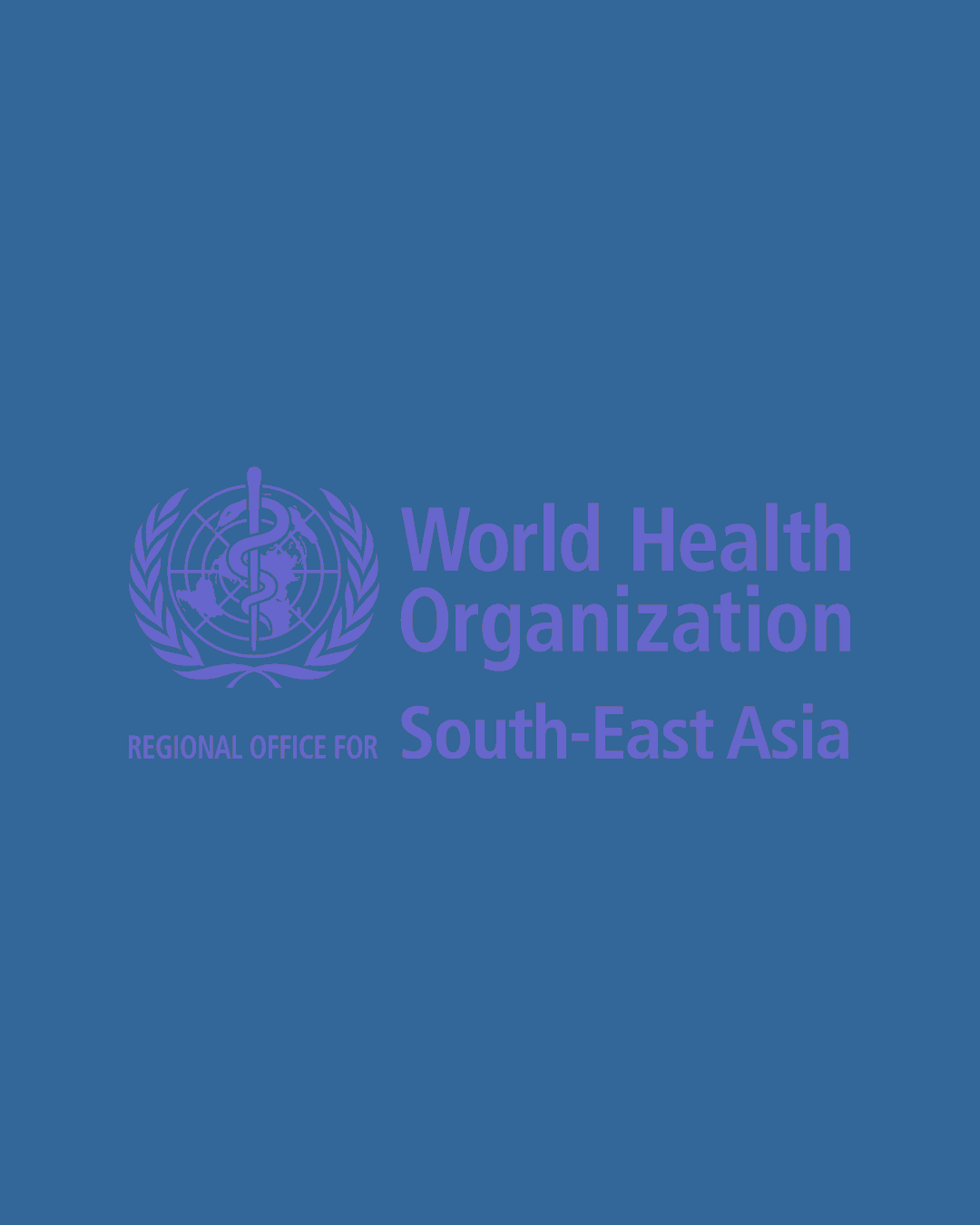
Q1 What is long COVID-19 or post-COVID-19 condition??
Post COVID-19 condition occurs in individuals with a history of probable or confirmed SARS-CoV-2 infection, usually 3 months from the onset of COVID-19 with symptoms that last for at least 2 months, that cannot be explained by an alternative diagnosis.

Q2 What are some of the symptoms of post- COVID condition?
Common symptoms include fatigue, shortness of breath, cough, cognitive dysfunction, sleep disturbances but also others which generally have an impact on everyday functioning. Symptoms may be new onset, following initial recovery from an acute COVID-19 episode, or persist from the initial illness. Symptoms may also fluctuate or relapse over time.

Q3. The definition says the symptoms generally have an impact on everyday functioning. What does this mean?
This means that the condition affects one’s ability to perform daily activities, like work or household chores.
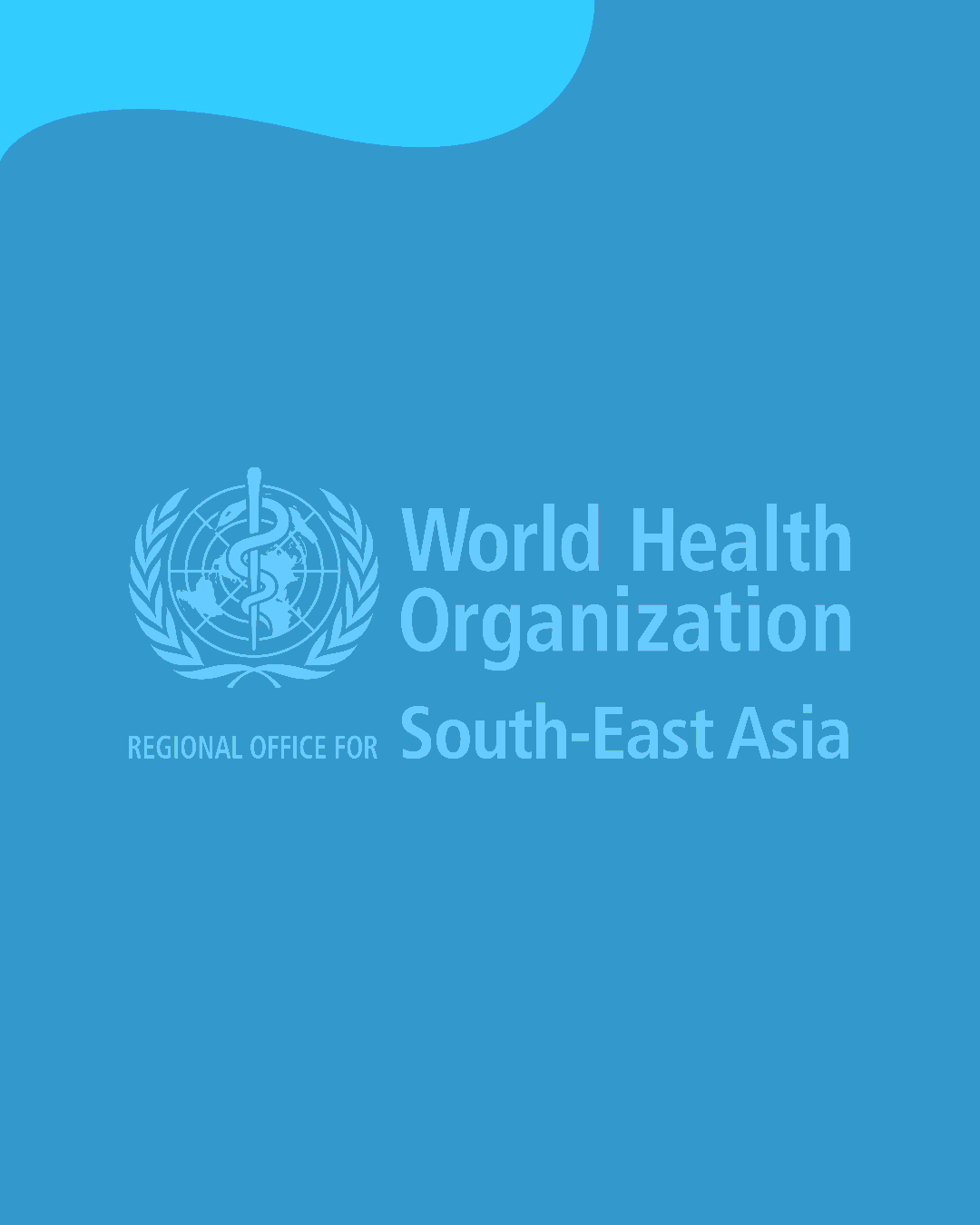
Q4: How soon after COVID-19 can someone be confirmed to have post COVID-19 condition?
Three months after a patient first got sick with COVID-19 is when a clinician would usually consider the diagnosis of post COVID-19 condition.
This three-month period allows the clinician to rule out the usual recovery period from an acute illness. Sometimes this recovery period can be long, especially if someone is very sick.
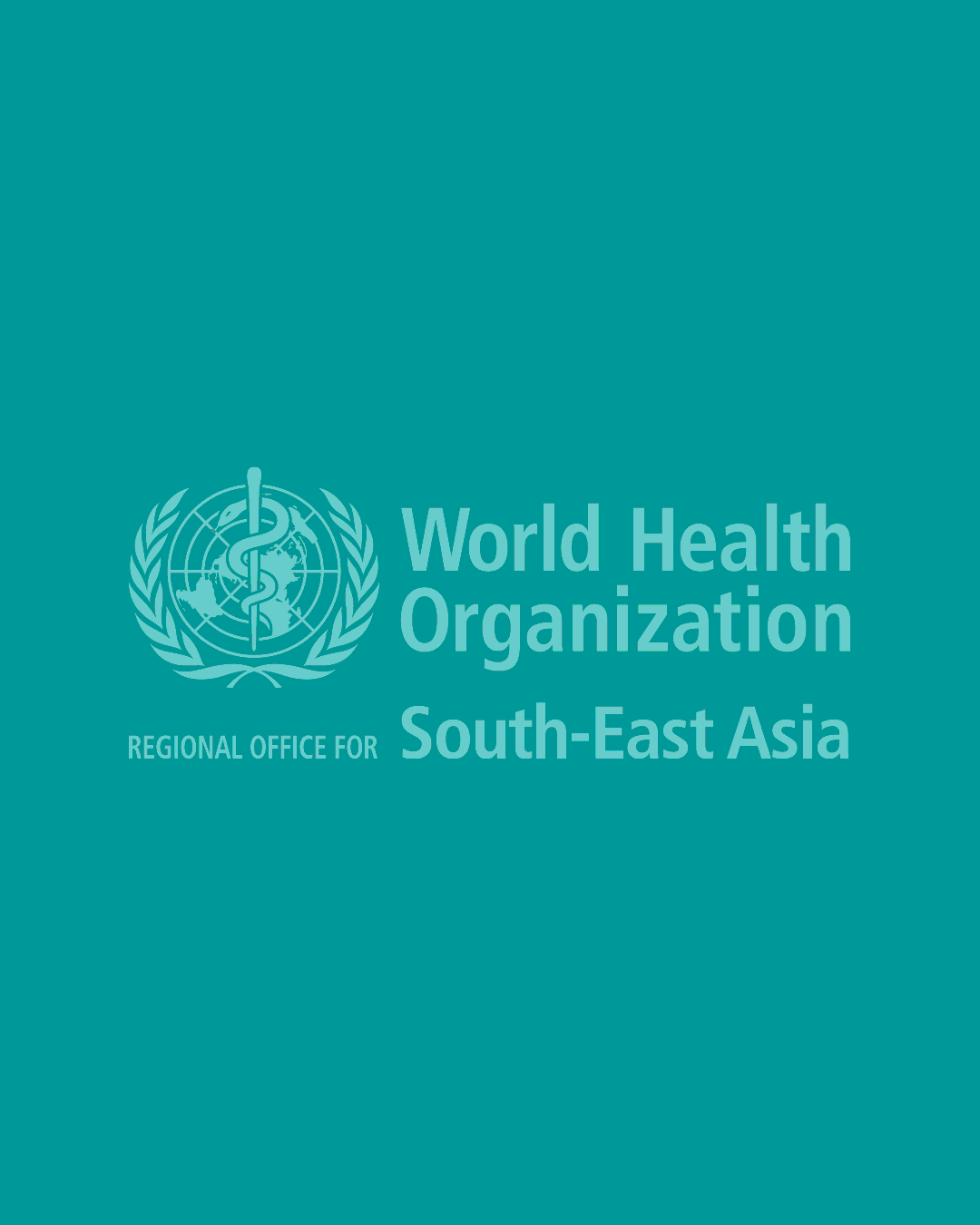
Q5. How long must symptoms linger for it to be post COVID-19 condition?
Symptoms should last for at least 2 months from when they first begin.
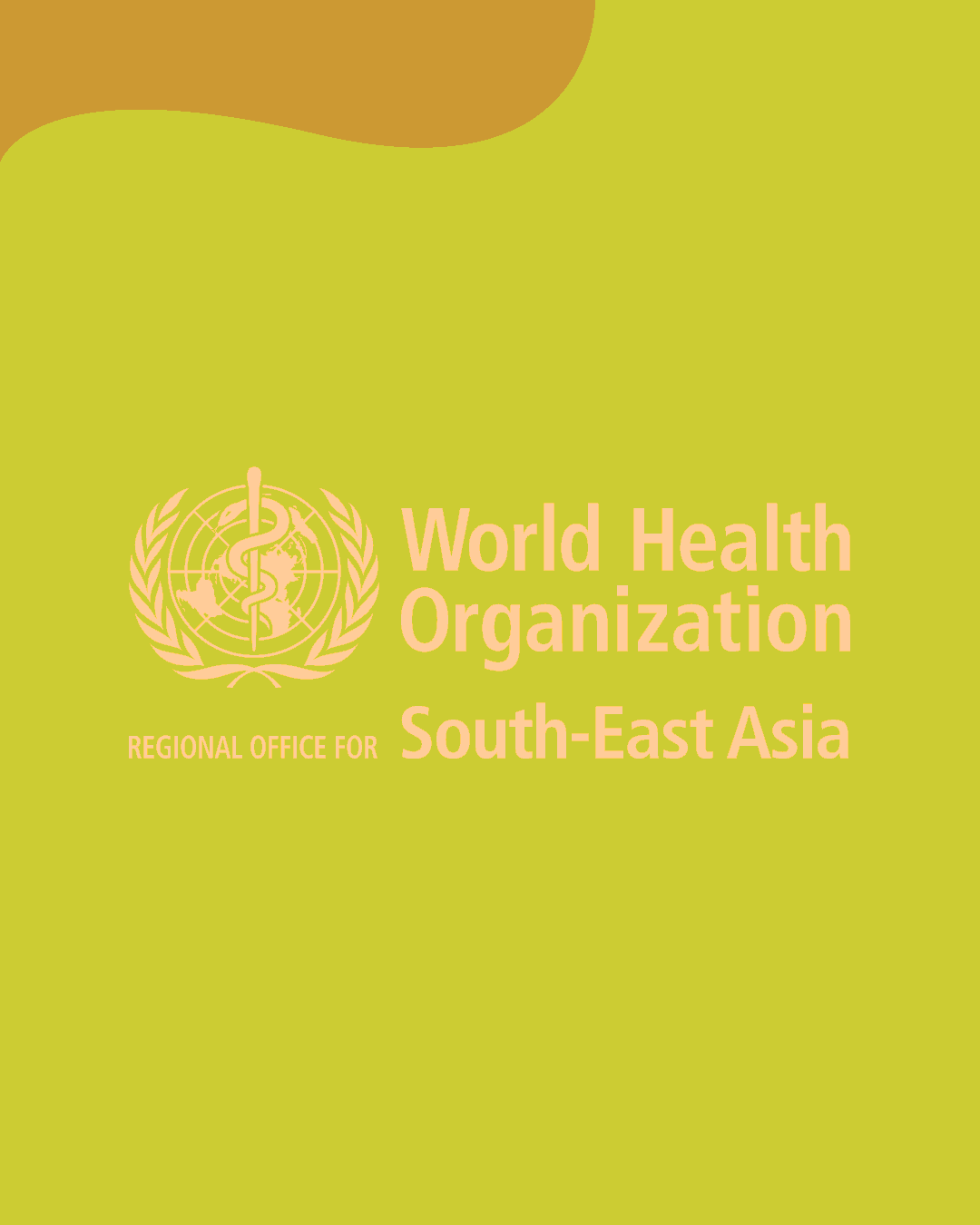
Q6. What do we know about who is more susceptible to post COVID-19 condition?
Anyone with COVID-19 can get post COVID-19 condition, irrespective of the severity of disease.
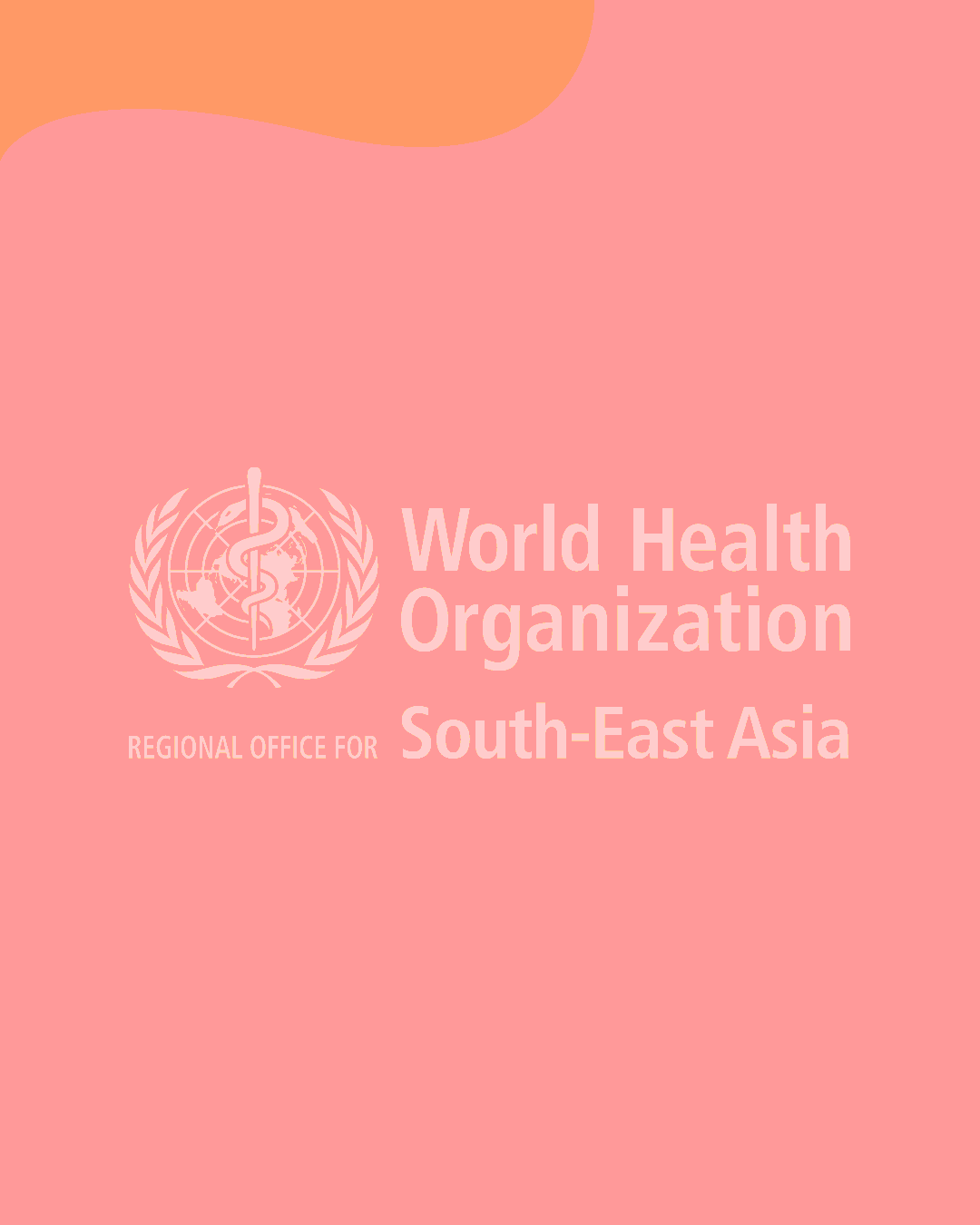
Q7: Do vaccines prevent post COVID-19 condition?
A vaccine’s ability to prevent post COVID-19 condition depends on its ability to prevent infection in the first place. The vaccines we currently have are aimed at preventing severe disease and death.
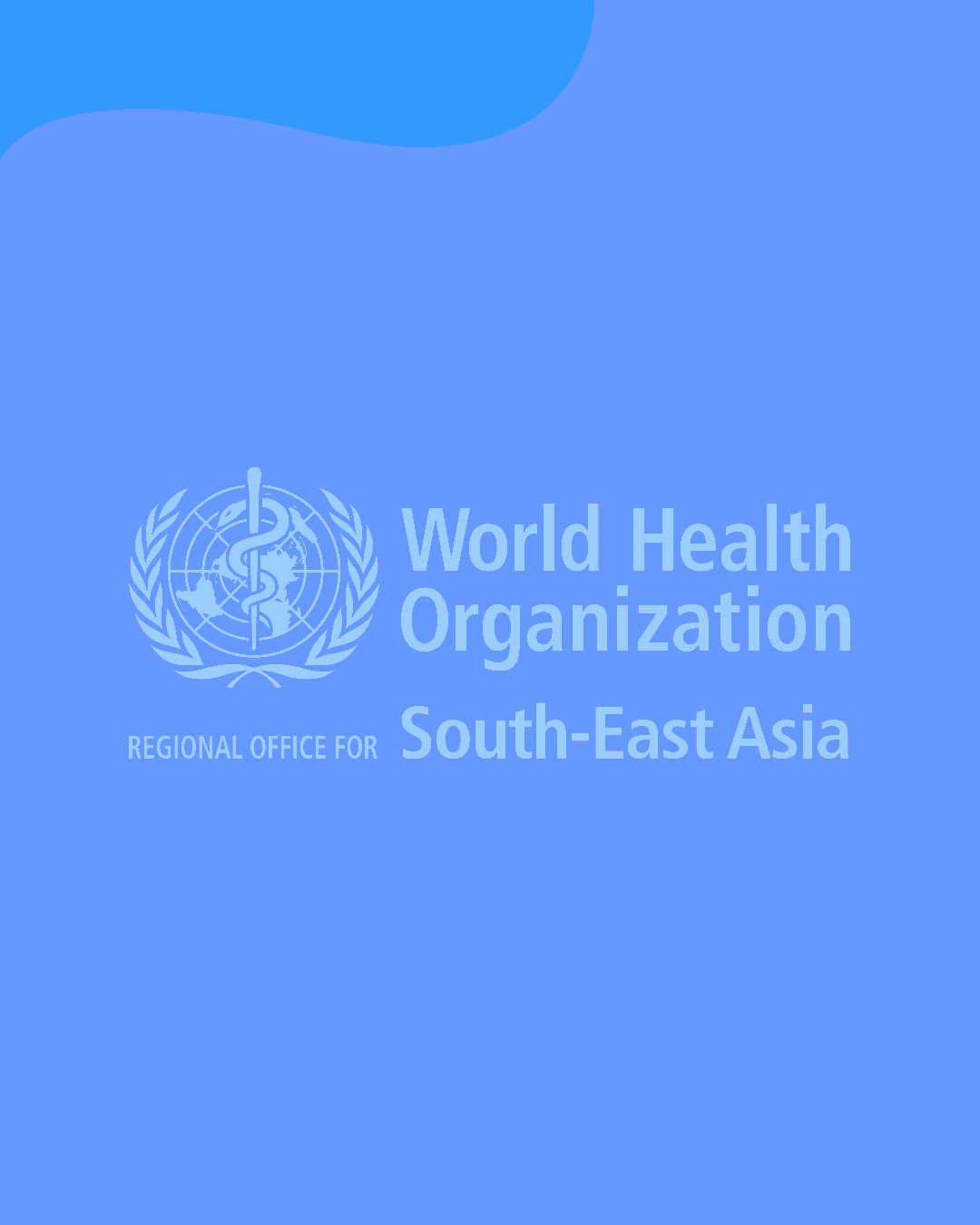
Q8. For those recovering from COVID-19 what should we do?
- Take plenty of rest (regular light exercise helps)
- Eat nutritious food
- After discharge, take all medicines as advised by your doctor
- Avoid strenuous exercise, including heavy housework.
- Try not to go out of your home unless necessary. If you get high fever and breathing difficulty, please call your healthcare provider immediately.
